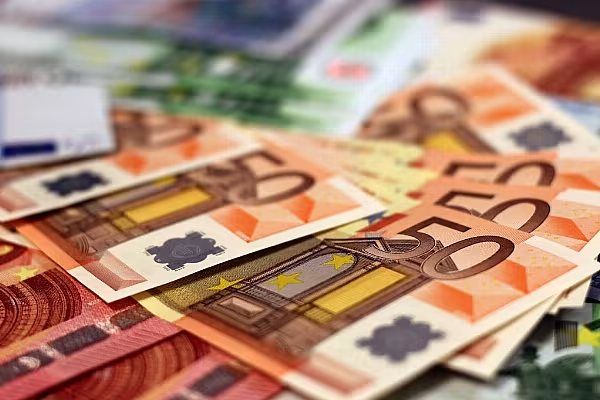Despite the COVID crisis, the global food and beverage sector saw a 36.3% increase in the number of M&A deals in 2020, to a total value of $110 billion (€90.8 billion), according to data from PWC Italia.
This compares to a 9.6% drop in 2019, showing that mergers and acquisitions in the sector were not all that affected by the COVID-19 pandemic.
The growth was due to a number of deals signed by global industry giants including Coca-Cola ($5.7 billion), Nestlé ($1.5 billion) and Bellis/TDR Capital's takeover of Asda ($8.8 billion).
In Italy, there was a 207% increase in terms of value of deals, reflecting three major deals announced (and closed) in Q4 2020, namely Ferrero/Fox's biscuits ($300 million), Rhone Capital/Illycaffe' ($200 million) and Barilla's acquisition of a majority stake in the Canada’s Catelli Foods ($100 million).
2021 Activity
In the first quarter of 2021, the volume of M&A transactions continues to be significant, although they were of a more limited size.
Globally, transactions led by strategic investors continue to account for around 75% of those announced (in line with 2019).
Overall, there were 2,328 transactions in 2020, down 2.9% on 2019 in terms of volume: 1,761 were transactions with operators in the sector (-12.1%), and 567 by private equity funds (-0.5%).
In Italy, private equity funds were responsible for around 40% of transactions, especially in support of supply chain integration and product portfolio diversification operations, but also the development of Italian and foreign brands.
Business Transformation
PWC said that it expects M&A transactions in the food and beverage sector to accelerate the business transformation process and to go in two directions.
On one hand, they will drive the development of the downstream supply chain, towards multichannel business models, with HoReCa catalysing several investment opportunities.
On the other hand, they will drive the consolidation of the upstream supply chain, with private label companies serving large-scale retail trade becoming possible targets both for corporate and private equity investors.
© 2021 European Supermarket Magazine. Article by Branislav Pekic. For more A-Brands news, click here. Click subscribe to sign up to ESM: European Supermarket Magazine.











